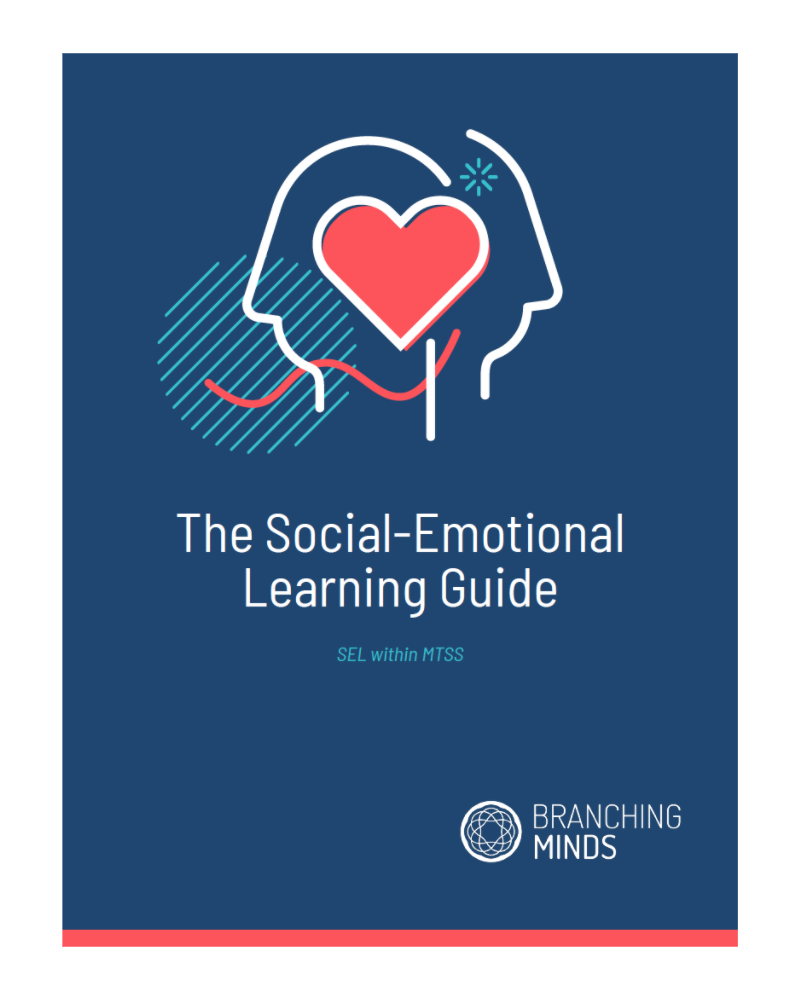Guide
The Social Emotional Learning Guide
Social-emotional learning (SEL) is essential for helping students develop the skills they need to succeed in school and beyond. As more districts work to prioritize SEL, it’s important to ensure efforts are well-informed, community-aligned, and part of a cohesive MTSS framework.
This guide provides practical support for district leaders on:
-
Setting clear, collaborative SEL goals
-
Selecting evidence-based programs and assessments
-
Aligning SEL with MTSS for more effective student support
Download the guide to make confident, research-backed decisions about SEL in your district.









